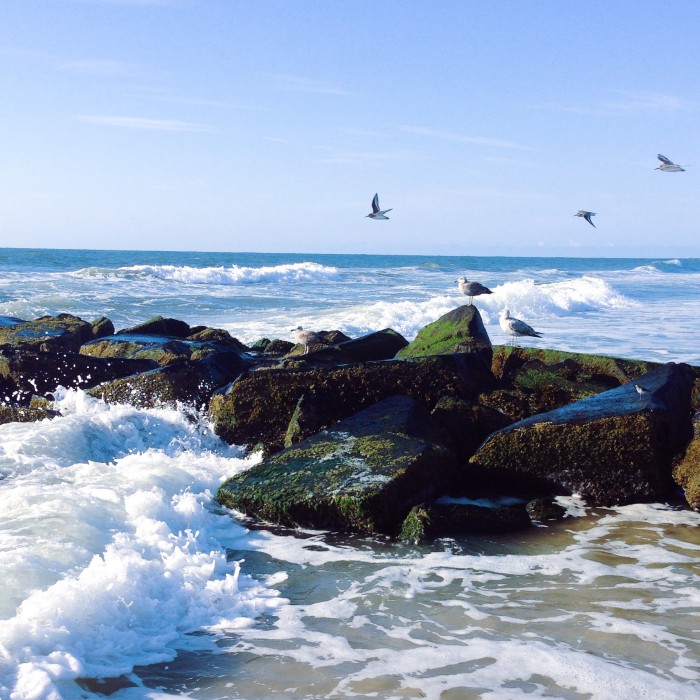
The sea, the great unifier, is man’s only hope.
Now, as never before, the old phrase has a literal meaning:we are all in the same boat.
— Jacques Cousteau
My interest in environmentalism and sustainability began like it did for a lot of people in the 80s and 90s: the movement to save the dolphins. I was a card carrying Greenpeace member, very vocal and emphatic and in awe of these big, playful, social, intelligent creatures.
Whenever I’d get really wound up, my dad would always say, “won’t anyone THINK OF THE TUNA?” He was being silly, but that didn’t make him any less right. (In retrospect, that statement was true for a LOT of things my dad said.)
While it was and still is important to fight for the dolphins, whose numbers were dwindling as they were trapped in undiscriminating tuna nets (purse seine nets), we also need to think of the tuna. They might not be as cute and cool as dolphins, but they and all of the other creatures of the sea are part of a delicate ecosystem; decimating any one part hurts all the others, and harming our oceans harms our land and our health as a species.
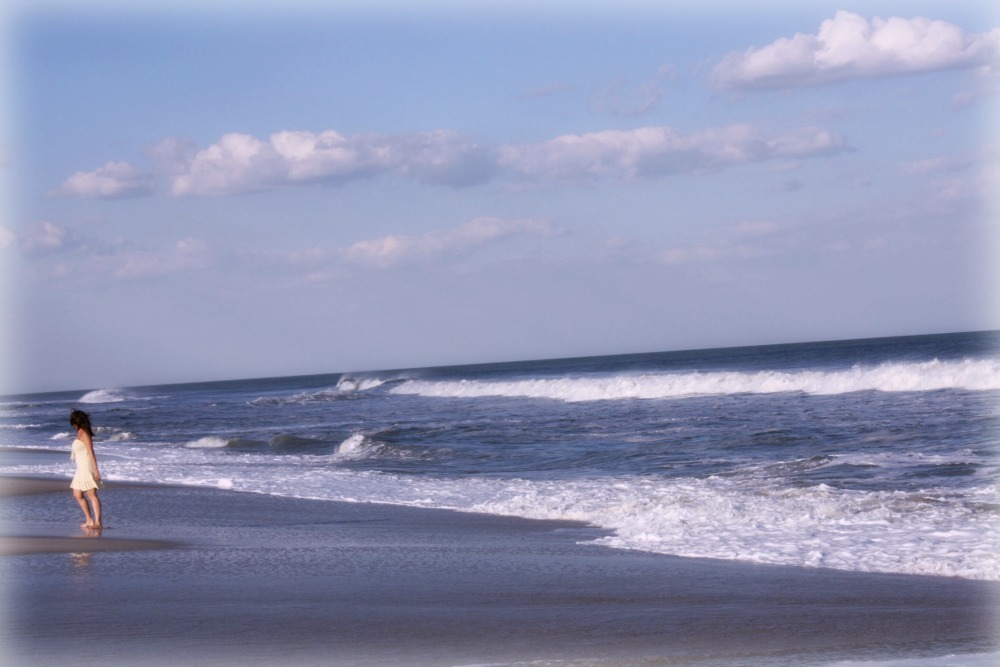
When one tugs at a single thing in nature,
he finds it attached to the rest of the world.
—John Muir
Tuna is an important food for our health; it’s a lean protein, full of B vitamins, and an easily bio-accessible source of essential omega-3 fatty acids, which are great for our brains and our hearts. Unfortunately tuna can also be a source of mercury, thanks to the state of our oceans, and in danger of being overfished out of existence, especially as more and more people turn to fish as an alternate meat source.
Sustainability when it comes to tuna requires a multi-faceted approach:
- protecting habitat by taking measures to keep our oceans clean,
- putting fishing practices into place that ensure tuna populations remain strong for future yields,
- while not endangering other species through bycatch.
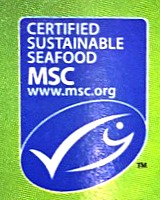 When purchasing sustainable canned tuna, making your choice is actually pretty easy. You’ll want to look for the blue Marine Stewardship Council (MSC) label: this indicates your fish has been responsibly caught by a certified sustainable fishery. These fish are caught at levels that “allow fish populations and the ecosystems on which they depend to remain healthy and productive for the future” (emphasis is mine). From ocean to plate, this fish is kept separate from non-certified stock and can be traced back to its source, so you can rest assured it’s labeled correctly: you know exactly what you’re getting.
When purchasing sustainable canned tuna, making your choice is actually pretty easy. You’ll want to look for the blue Marine Stewardship Council (MSC) label: this indicates your fish has been responsibly caught by a certified sustainable fishery. These fish are caught at levels that “allow fish populations and the ecosystems on which they depend to remain healthy and productive for the future” (emphasis is mine). From ocean to plate, this fish is kept separate from non-certified stock and can be traced back to its source, so you can rest assured it’s labeled correctly: you know exactly what you’re getting.
(By comparison, no matter where your chicken was raised, it’s likely processed alongside other chickens, and therefore susceptible to contamination. In the event of contamination, it can very difficult to determine where the problem started.)
Now I’m going to make things even easier! The only brand that is a full line of Marine Stewardship Council (MSC) certified sustainable seafood is Wild Selections®. This brand really is working hard to ensure a healthier planet and “fish-full” future.
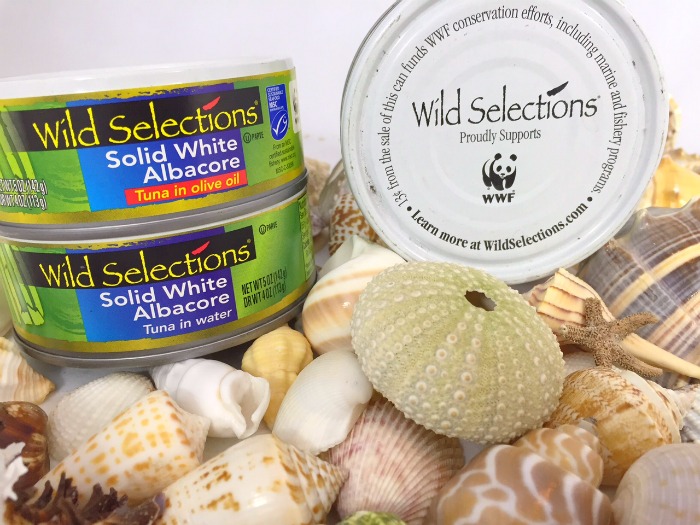
- Wild Selections gives back to the oceans by donating 13 cents from every can sold (a total of $1 million by 2018) to World Wildlife Fund marine conservation and fishery improvement projects.
- They bear the blue MSC eco-label, letting you know the fish in your can comes from well managed fisheries and healthy fish stocks.
- Their tuna is premium quality, sustainably sourced and 100% traceable; you can actually enter the code on your can at WildSelections.com to learn where the fish inside was caught.
- They use simple, all natural ingredients; Wild Selections tuna is Non-GMO Project verified and delicious.
So, save the dolphins, but save the tuna too. You can check the store locator to see who carries Wild Selections near you; I was able to pick mine up at my usual grocery store (Giant). Check out the Wild Selections® You Tube channel for videos to learn about the Wild Selections difference, their partnership with World Wildlife Fund and the Marine Stewardship Council certification.
And for more about the importance of sustainable fishing— some of the numbers are mindblowing— and how Wild Selections is helping to ensure healthy seafood is around for future generations, feast your eyes on the infographic below 🙂 You can make it full-page for easier reading by clicking on it.
We must plant the sea and herd its animals
using the sea as farmers instead of hunters.
That is what civilization is all about—
farming replacing hunting.
Jacques Cousteau, Oceanographer
I was selected for this opportunity as a member of Clever Girls and the content and opinions expressed here are all my own.
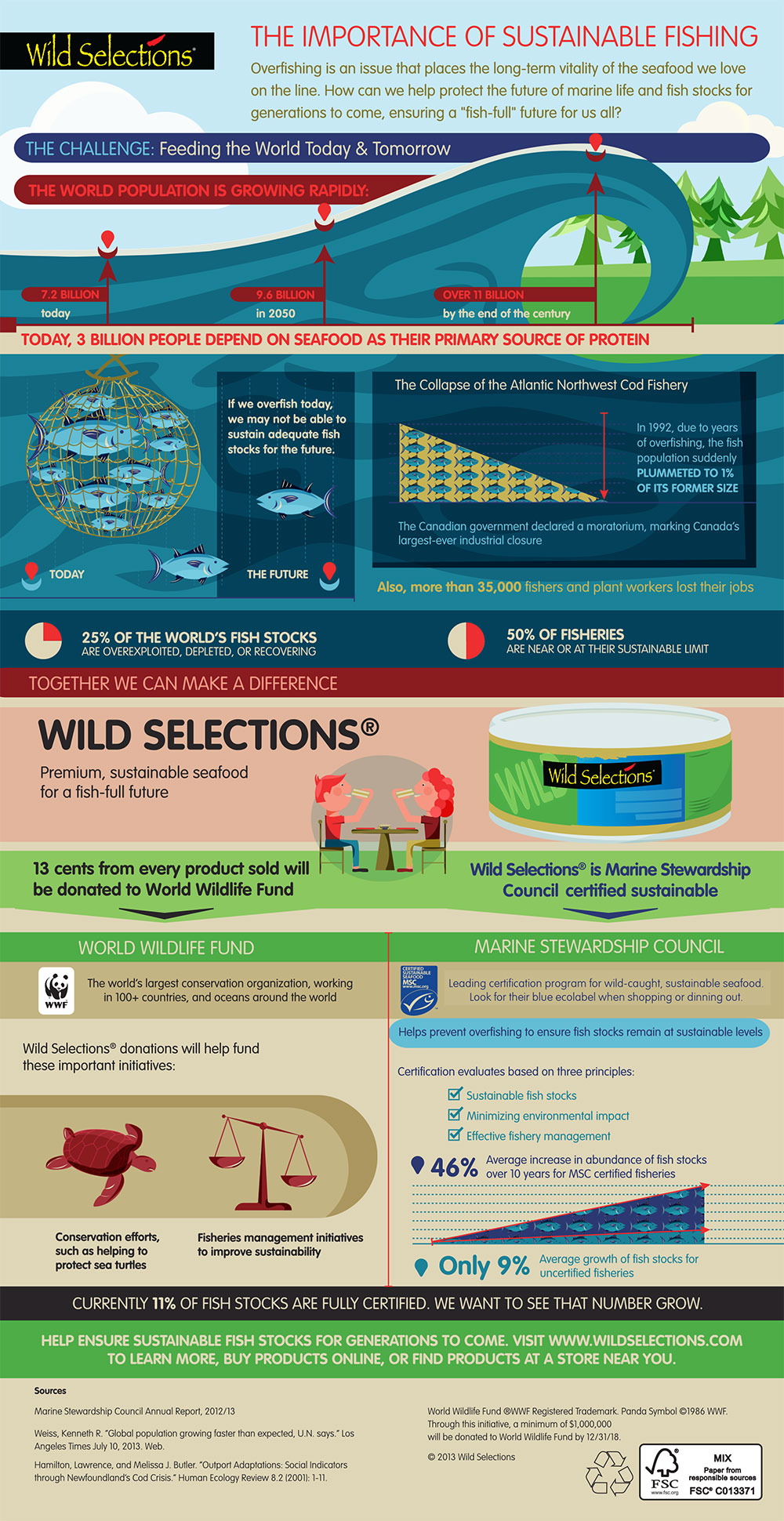
Leave a Reply